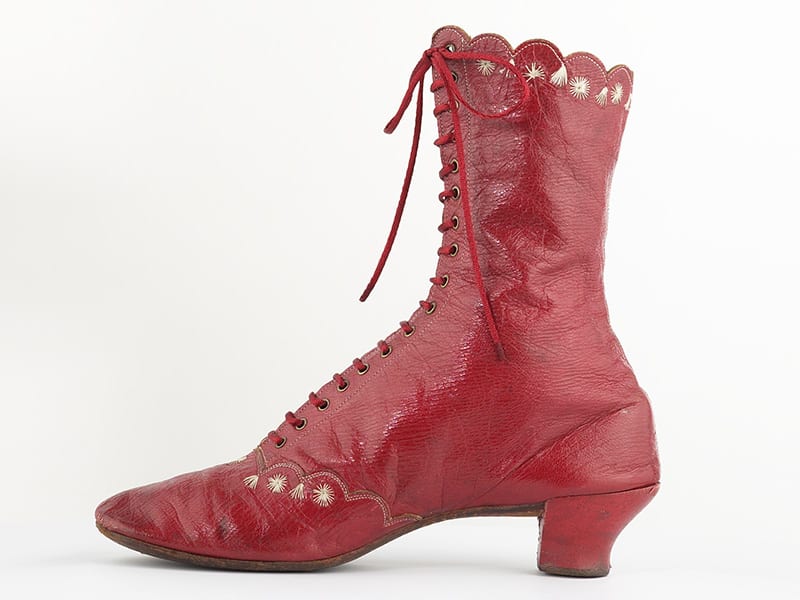
Wild cards and nobodies dominate the shock Ockham shortlist
And so to the craziest fiction shortlist at New Zealand's national book awards ever, the strangest and most surprising choice of novels in the 50-year history of book awards, the most unlikely and most perverse and, to the credit of the maverick judging panel, the most original. The two novels everyone expected to be on it – She's A Killer by Kirsten McDougall, and Loop Tracks by Sue Orr - aren't on it; the four novels that are on it include one or two books almost no one has ever heard of.
Greta & Valdin by Rebecca K Reilly is on it. No surprise there, at least; it's currently sitting at number one on the Nielsen best-seller chart, and was named best novel of the year at good old ReadingRoom. The three other novels shortlisted at the Ockham New Zealand awards and competing for the Jann Medlicott Acorn Prize for Fiction (and the $60,000 loot) are A Good Winter by Gigi Fenster, Entanglement by Bryan Walpert, and Kurangaituku by Whiti Hereaka.
Hooray for independent publishers Huia (Kurangaituku, a retelling and reimagining of a Māori myth) and Mākaro Press (which rocketed to national prominence with Auē, and now show its golden touch again with the sci-fi time-travel novel Entanglement). I know next to nothing about A Good Winter other than it was published by Text Publishing in Melbourne. Hooray for Australia.
“These novels are packed with life in an array of ordinary and extraordinary forms," claims Rob Kidd, a fiction judge alongside Kelly Ana Morey and Gemma Browne. "They all swell with vitality." Good one, but you could say the same, and more, on behalf of the two longlisted books that have been bizarrely excluded, the witty and exciting eco-thriller She's A Killer (only last week, on the Twitter machine, Linda Burgess was raving about it: "I just ADORE this") and Loop Tracks, a family drama with a sensationally powerful opening passage about a teenage girl on her way to have an abortion. Its author, Sue Orr, is one of only two New Zealand writers currently featuring at the Adelaide Writers Festival.
But there you have it, and congrats are in order to the four authors as blessed by the three judges. With such a shortlist of wild cards and nobodies, it's fruitless to anticipate the winner. The judges will be assisted in their deliberations by the legendary John Freeman, one of the smartest and most influential literary figures in the English-speaking world, as the former editor of Granta and current editor of a journal that really is called Freeman's. This guy has a brilliant mind and very good taste: Freeman was behind US publisher Knopf taking on Wellington writer Tayi Tibble, whose collection Rangikura has made the poetry shortlist at this year's Ockhams.
I hope her dazzling book wins the award. I hope Lucy Mackintosh wins the illustrated non-fiction award for her incredible book Shifting Grounds: Deep Histories of Tāmaki Makaurau Auckland (named the best in that category last year at good old ReadingRoom). I hope Charlotte Grimshaw wins the general non-fiction award for THAT memoir, The Mirror Book (named the best in that category last year at good old ReadingRoom), very nicely described by Ockham judge Nicholas Reid, thus: "The prose is exquisitely precise in its navigation of the complexity of the author’s family dynamics."
The winners will be announced on May 11. At this Omicron-decimated stage you’d have to bet against it being held irl. But glory is glory and money is money ($60,000 for best novelist, $10,000 for winners in the other categories) and May 11 will be the most exciting date of the year in New Zealand writing. To publish a book and miss out on not even making the longlist is a dull ache that subsides into a gentle whisper of failure. To make the longlist and miss out on making the shortlist feels like being stabbed in the face but gradually feels more like a low, steady murmur of failure. To make the shortlist and not win is to fall screaming into an abyss of failure. Good luck to all the shortlisted authors, their publishers, their editors, and their various assorted believers. All awards are a lottery. The fiction shortlist this year seems especially random but judges can only like what they really, really like; they haven't gone with the prevailing mood, or the expected result, or common sense; they've gone in with the best and most faithful kind of engagement – they've gone in as readers. Anyway, I hope Kurangaituku wins the award.
JANN MEDLICOTT ACORN PRIZE FOR FICTION
Kurangaituku by Whiti Hereaka (Huia Publishers)
"Gorgeous... Hereaka’s skill lies not only in being an excellent storyteller but also in crafting characters who leap off the page, hold you down and insist that you listen to them": from a review by Jackie Lee Morrison.
Greta & Valdin by Rebecca K Reilly (Te Herenga Waka University Press)
"Exuberantly comic": from a review by Charlotte Grimshaw.
Entanglement by Bryan Walpert (Mākaro Press)
The author will expound on his theme of time travel (!) in ReadingRoom tomorrow.
A Good Winter by Gigi Fenster (Text Publishing)
I know next to nothing about this. Actually, nothing at all, but I've commissioned a review by Paddy Richardson.
GENERAL NON-FICTION AWARD
The Mirror Book by Charlotte Grimshaw (Vintage, Penguin Random House)
"The Mirror Book has appeared at a particular cultural moment, when, to put it crudely, the authority of old white men is being challenged, whether they are fathers, bosses or presidents": from a review by Philip Matthews.
Voices from the New Zealand Wars | He Reo nō ngā Pakanga o Aotearoa by Vincent O’Malley (Bridget Williams Books)
"A volume for our time:" from a review by Annabel Cooper.
From the Centre: A Writer’s Life by Patricia Grace (Penguin, Penguin Random House)
"A book of incredible humility:" from a response by Anahera Gildea.
The Alarmist: Fifty Years Measuring Climate Change by Dave Lowe (Te Herenga Waka University Press)
I got offered a couple of excerpts last year but was like ZZZZ and passed but what do I know.
MARY AND PETER BIGGSY AWARD FOR POETRY
Rangikura by Tayi Tibble (Te Herenga Waka University Press)
"I come from a line/ of blazing women" The Sea Walks into a Wall by Anne Kennedy (Auckland University Press)
"If I’m fucked,/ you’re coming with me"
Sleeping with Stones by Serie Barford (Anahera Press)
"grief is a fist of whirling mussel shells"
Tumble by Joanna Preston (Otago University Press)
"She didn’t/ want wings. She wanted to fly on the thunder of hooves"
BOOKSELLERS AOTEAROA NEW ZEALAND AWARD FOR ILLUSTRATED NON-FICTION
Shifting Grounds: Deep Histories of Tāmaki Makaurau Auckland by Lucy Mackintosh (Bridget Williams Books)

The Architect and the Artists: Hackshaw, McCahon, Dibble by Bridget Hackshaw (Massey University Press)

NUKU: Stories of 100 Indigenous Women by Qiane Matata-Sipu (QIANE+co)

Dressed: Fashionable Dress in Aotearoa New Zealand 1840 to 1910 by Claire Regnault (Te Papa Press)

Tomorrow in ReadingRoom: shortlisted novelist Bryan Walpert (Entanglement, Mākaro Press) visits the Centre of Time at the University of Sydney to delve into the concept of time travel.







